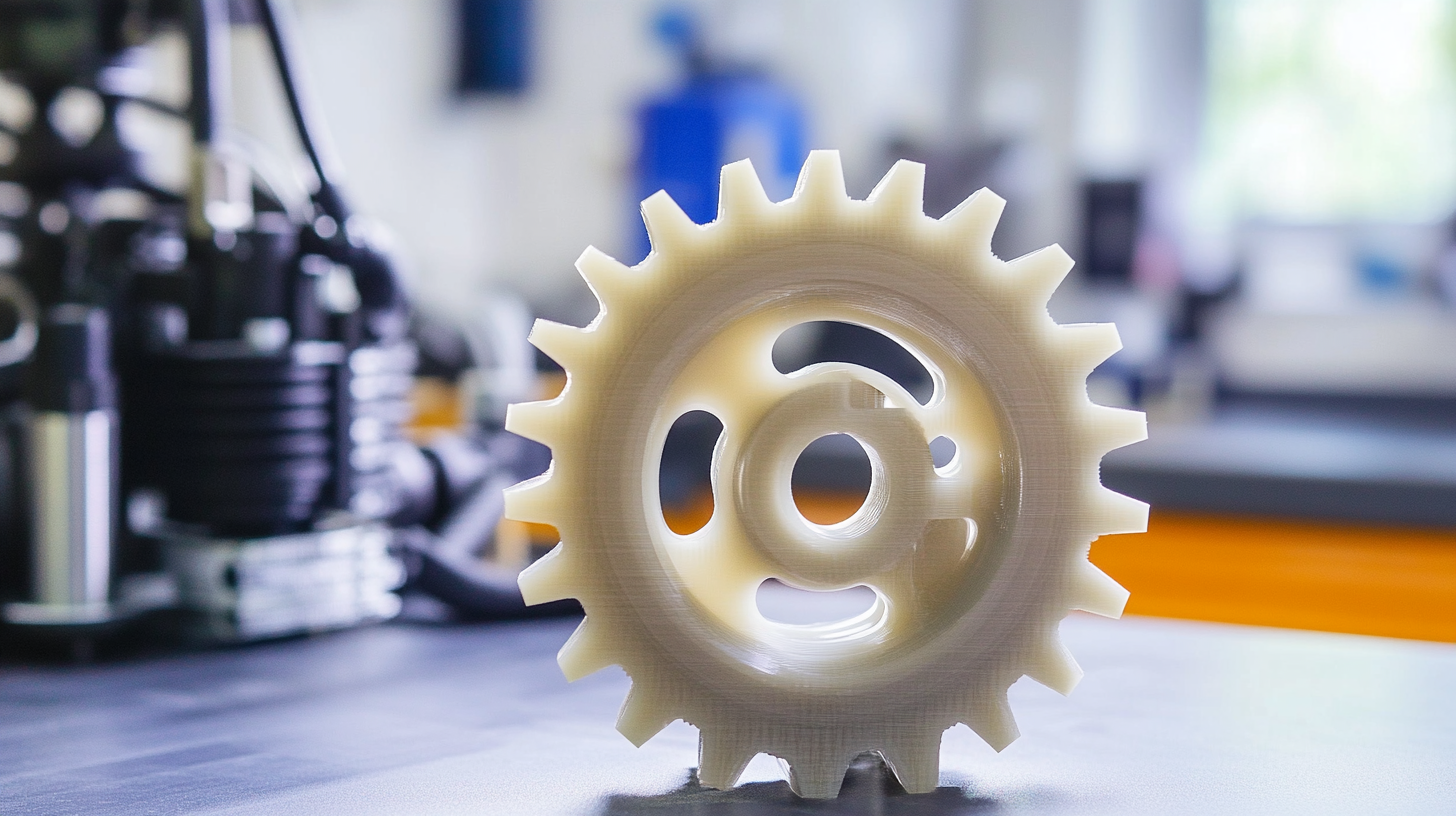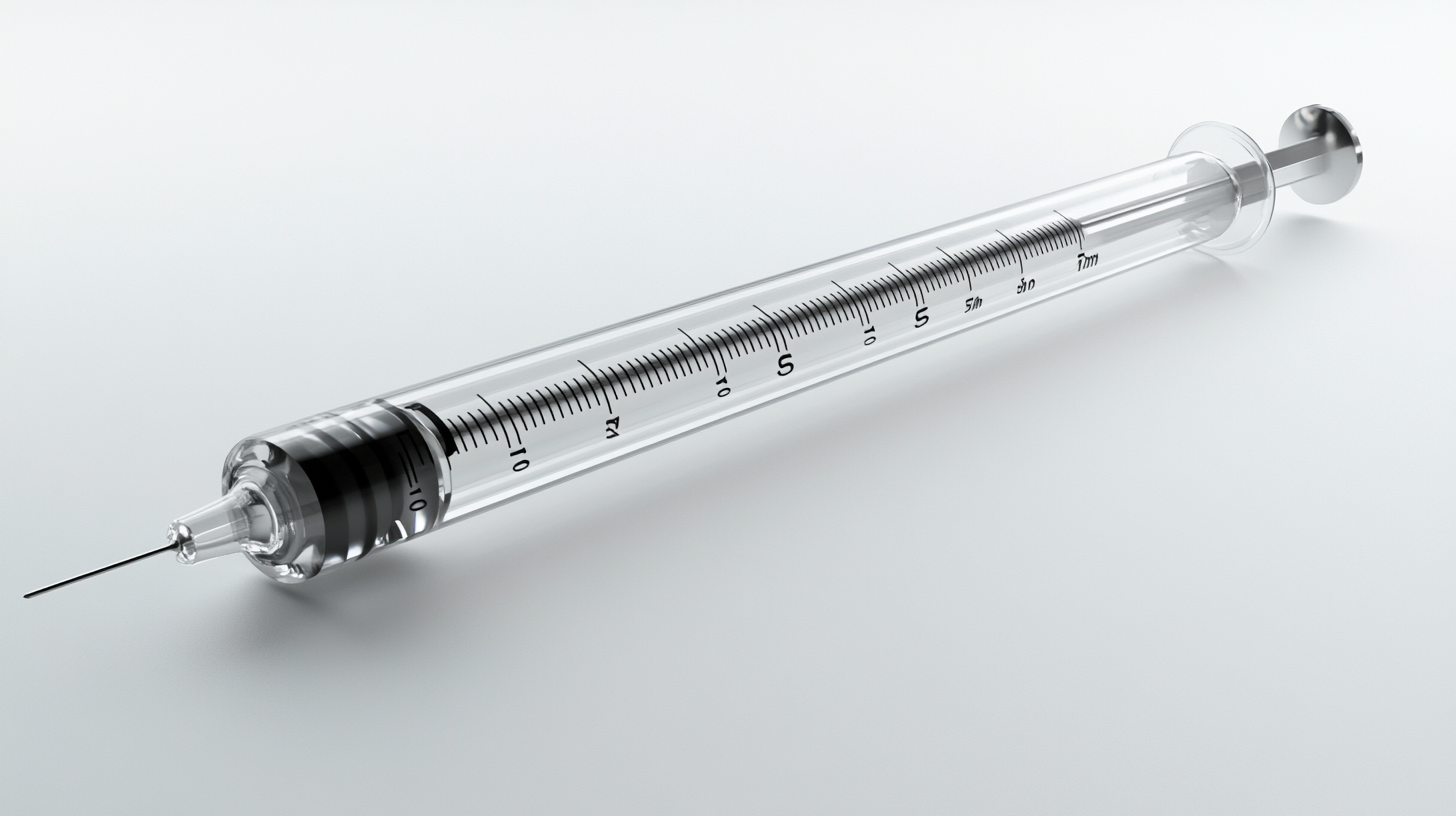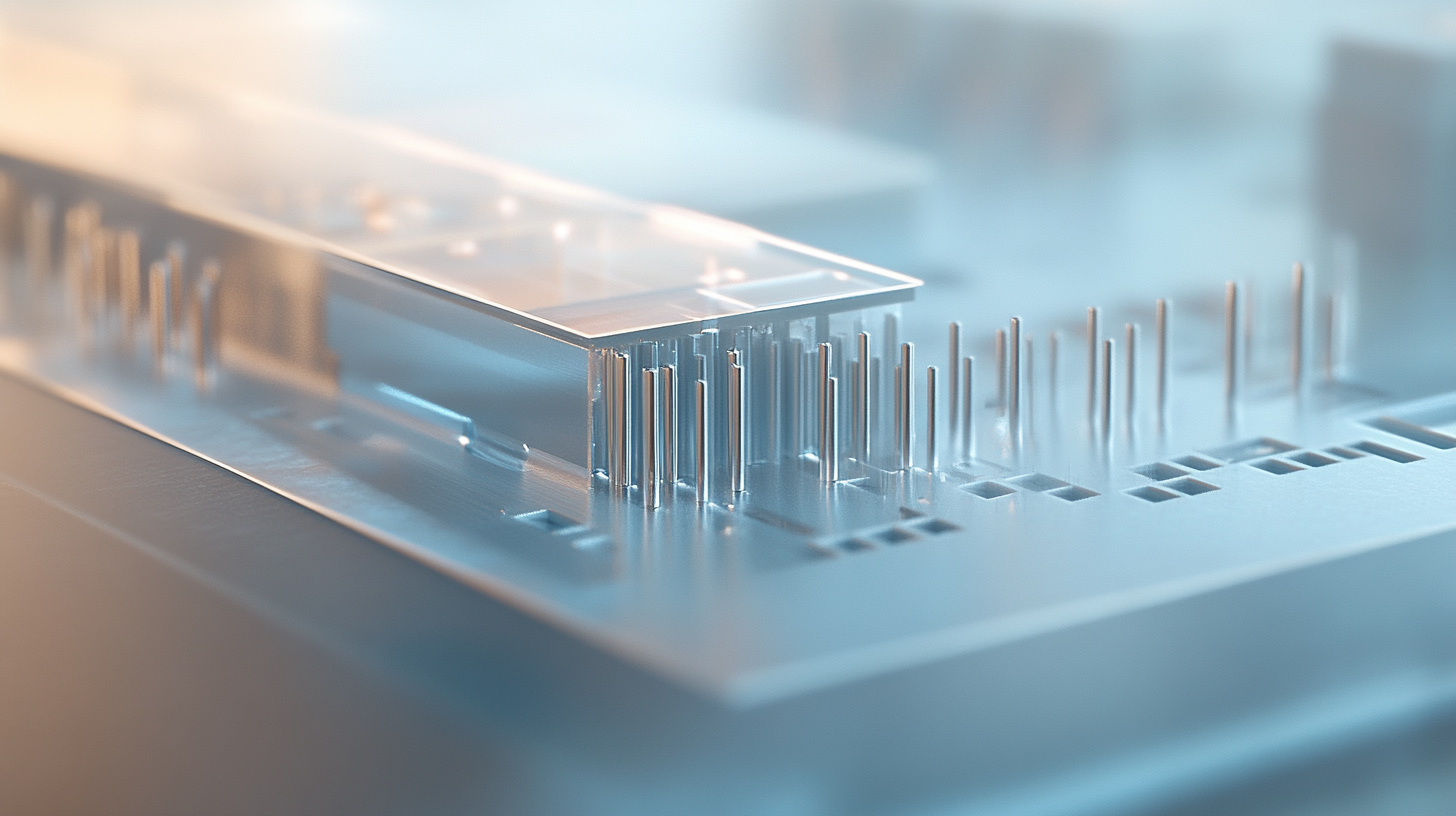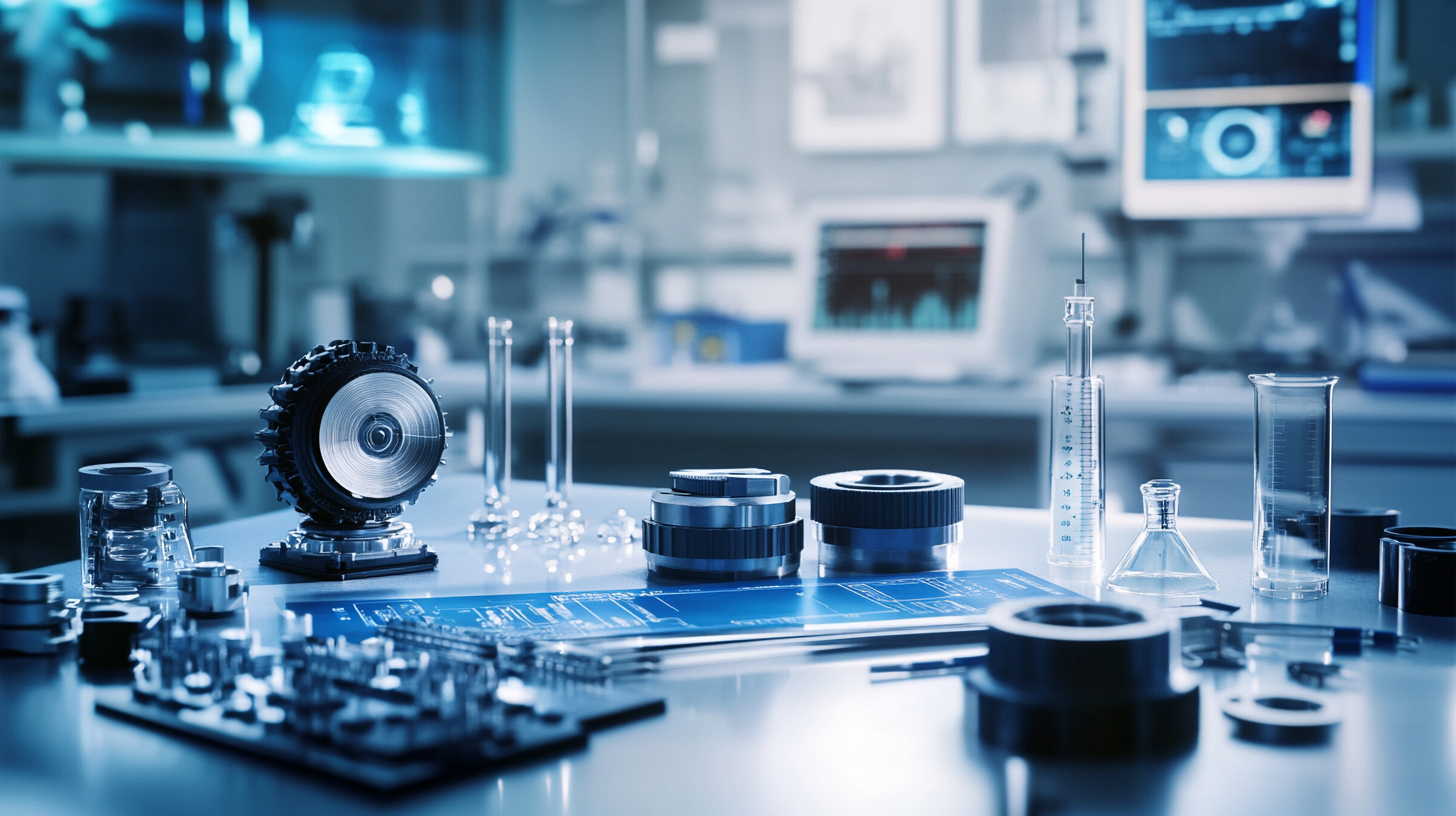In high-temperature molding applications, selecting materials that can withstand extreme heat without deforming is essential. Materials like polyether ether ketone (PEEK), polyphenylene sulfide (PPS), and liquid crystal polymers (LCP) are known for their exceptional resistance to thermal deformation. These high-performance plastics maintain their mechanical properties and dimensional stability even under prolonged exposure to heat.
Let’s explore these materials in detail and how they excel in high-temperature environments.
Why Is PEEK a Top Choice for High-Temperature Applications?

Polyether ether ketone (PEEK) is highly resistant to thermal deformation, maintaining its strength and dimensional stability at temperatures up to 260°C. Its combination of thermal, chemical, and mechanical resistance makes it ideal for demanding industries such as aerospace, medical, and automotive.
PEEK’s ability to retain its properties under thermal and mechanical stress ensures it performs well in components like engine parts, electrical insulators, and surgical tools. Its low thermal expansion and high melting point make it one of the most reliable materials for high-temperature molding.
How Does PPS Perform Under Extreme Heat?

Polyphenylene sulfide (PPS) is another excellent option for high-temperature molding. PPS has a high melting point of approximately 280°C and offers exceptional thermal stability, even in chemically aggressive environments. It is widely used in applications requiring resistance to both heat and chemicals, such as automotive components and industrial machinery.
| Property | PEEK | PPS |
|---|---|---|
| Melting Point | 343°C | 280°C |
| Thermal Stability | Excellent | Very Good |
| Common Applications | Aerospace, medical tools | Automotive, industrial |
What Are Liquid Crystal Polymers (LCP) and Their Benefits?

Liquid crystal polymers (LCP) offer outstanding thermal resistance, making them suitable for thin-walled components exposed to high heat. With a melting point exceeding 300°C, LCPs are ideal for electronics, connectors, and other precision parts where maintaining dimensional accuracy is critical.
One of LCP’s standout properties is its low viscosity, which allows it to flow easily into intricate mold designs. This makes it a preferred choice for high-temperature precision molding applications, especially in electrical devices and telecommunication equipment.
What Factors Should You Consider When Choosing High-Temperature Materials?

When selecting a material for high-temperature molding, consider the following:
- Thermal Stability: Ensure the material can withstand the operating temperature without degrading or deforming.
- Chemical Resistance: High-temperature applications often involve exposure to harsh chemicals, so choose a material that resists corrosion.
- Dimensional Accuracy: Materials like LCP are excellent for precision parts where exact dimensions are crucial.
- Cost-Performance Ratio: While high-performance materials like PEEK offer exceptional properties, their cost should align with the application’s requirements.
Conclusion
Materials like PEEK, PPS, and LCP are top choices for resisting thermal deformation in high-temperature molding applications. These plastics provide excellent thermal stability, chemical resistance, and mechanical integrity, making them suitable for demanding industries like aerospace, automotive, and electronics. Understanding your application’s specific requirements will help you select the best material for long-term performance.
For tailored recommendations and expert advice on material selection for high-temperature molding, visit our resource center or contact us. Let’s help you achieve precision and durability in your next project!







